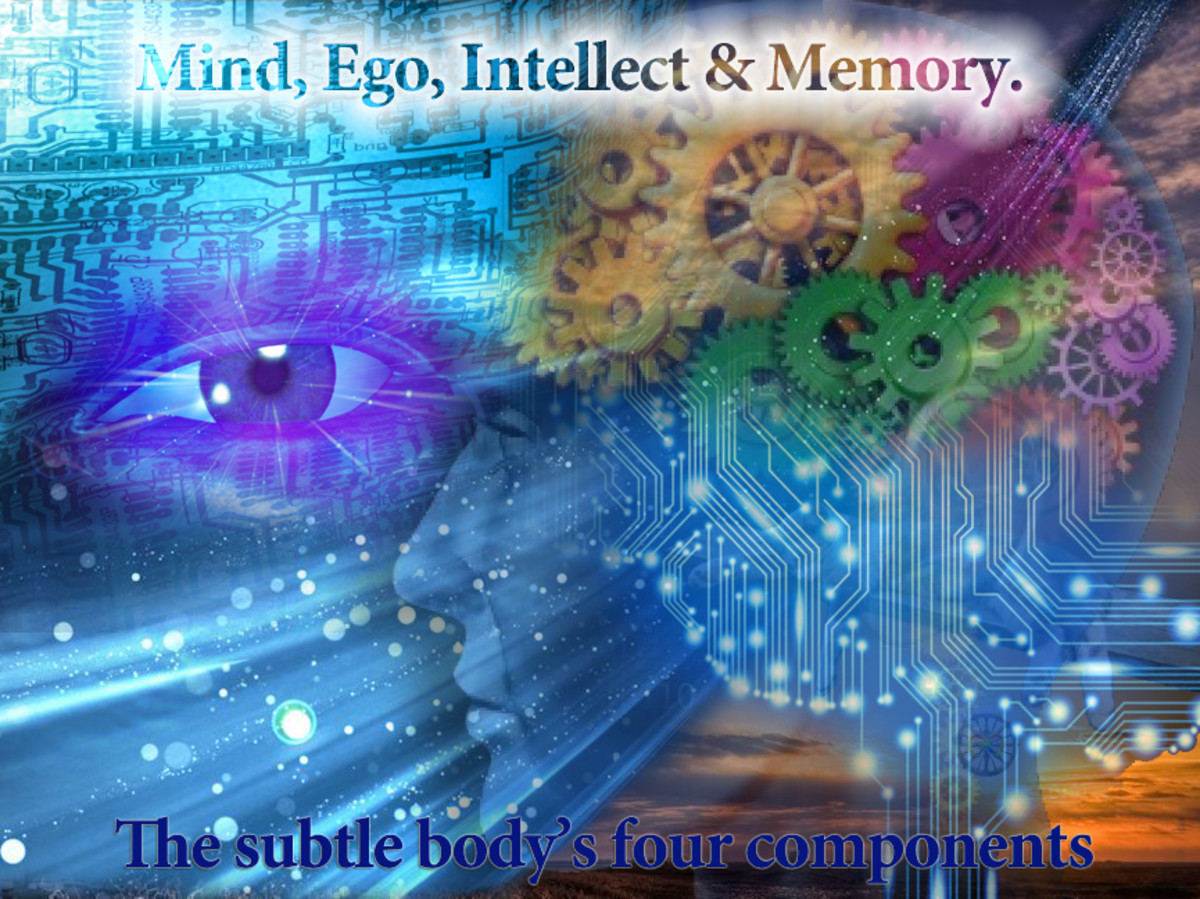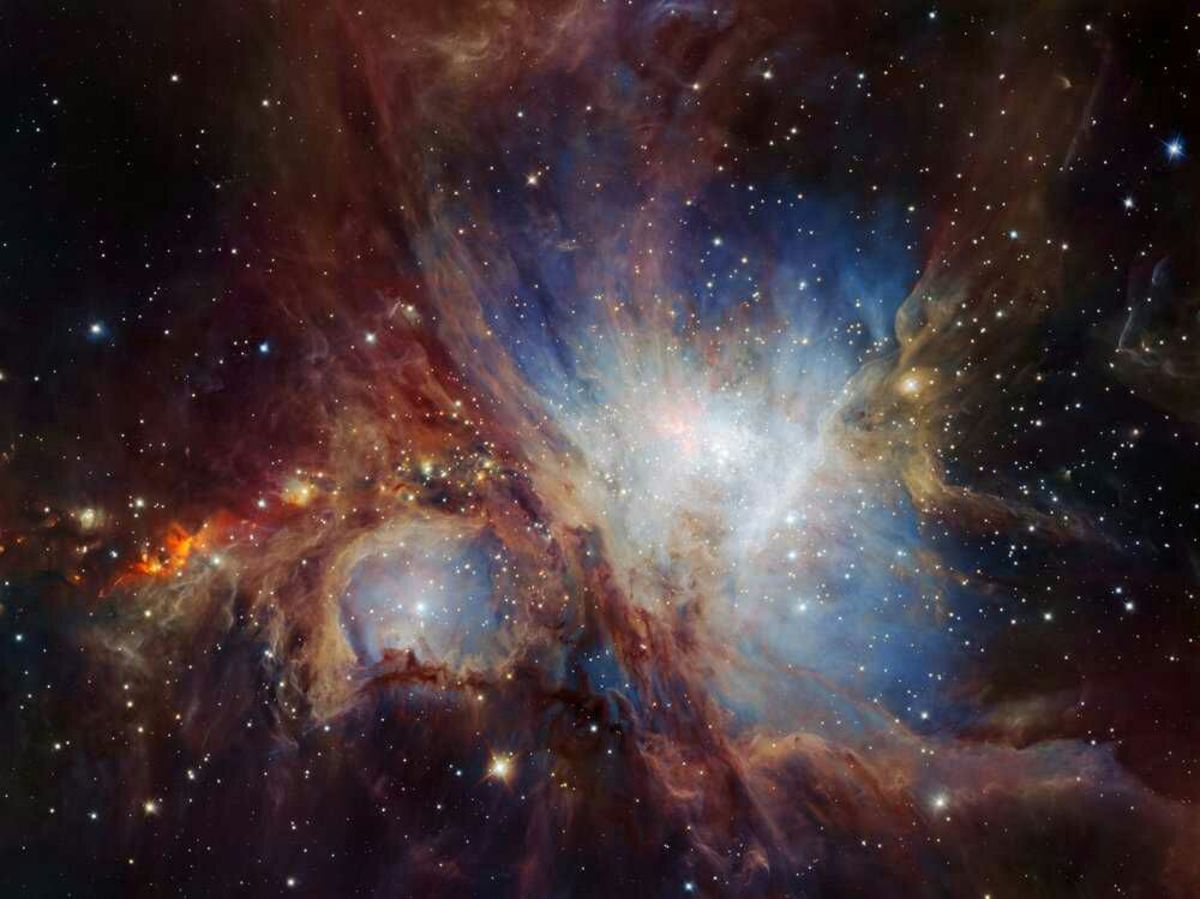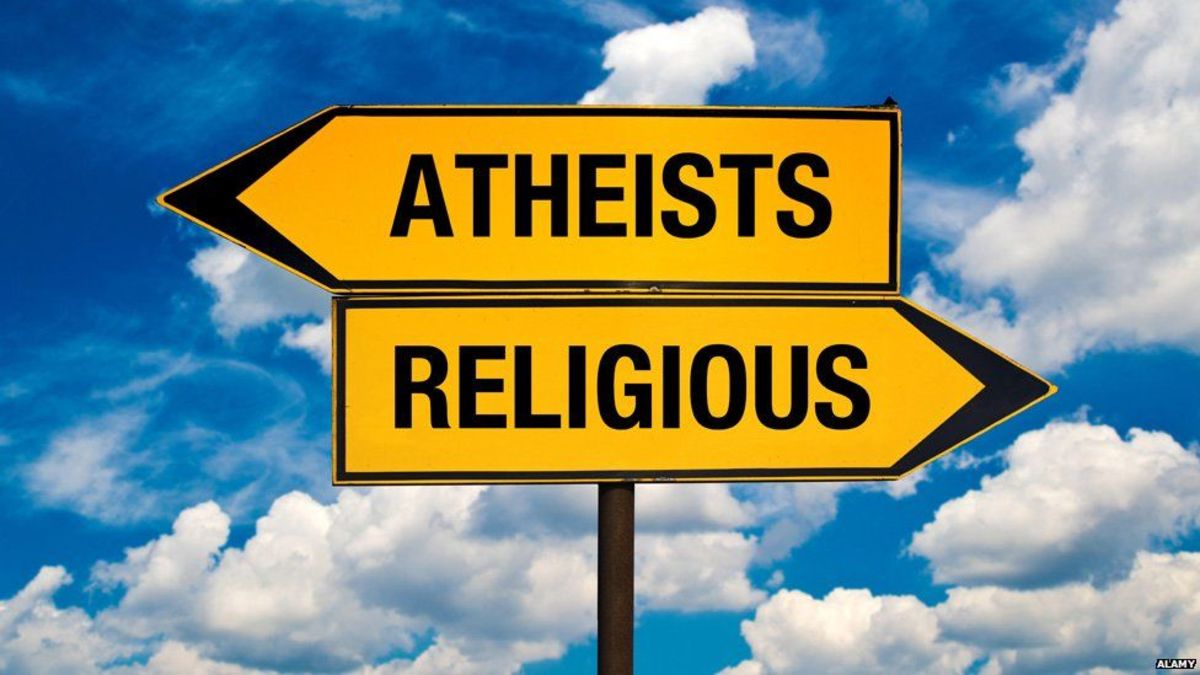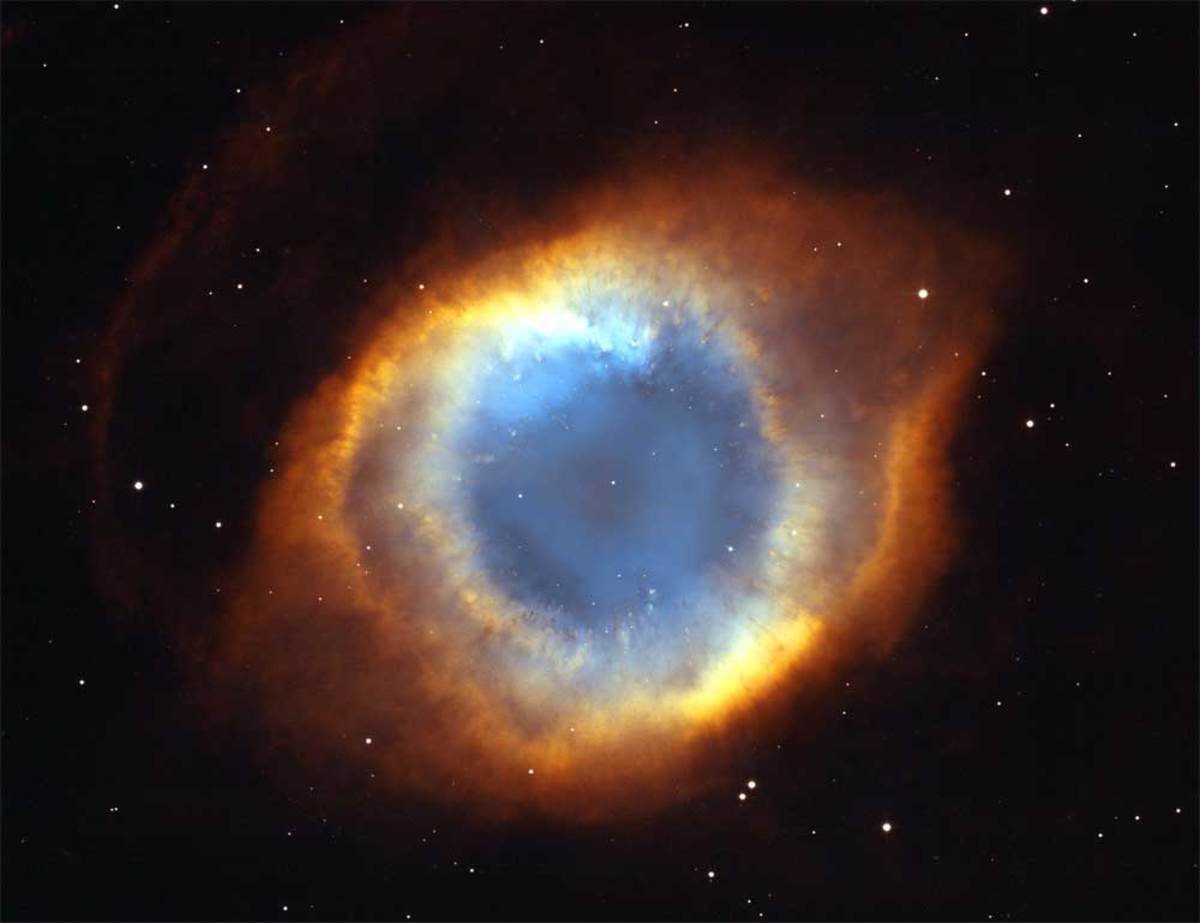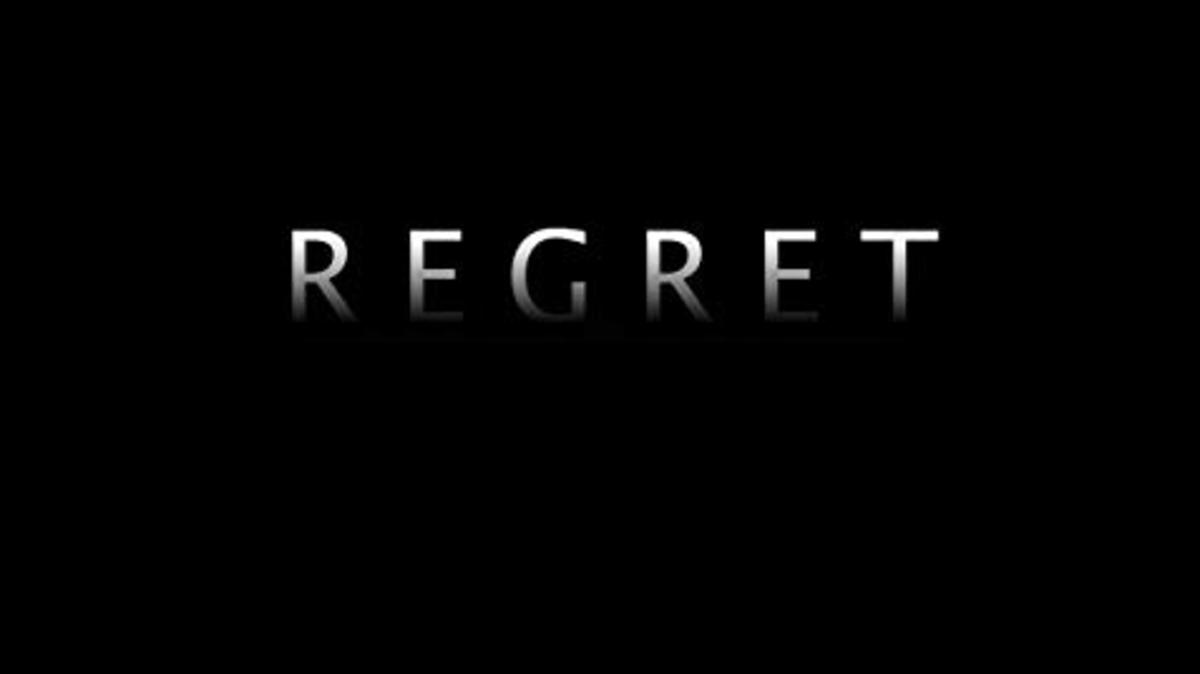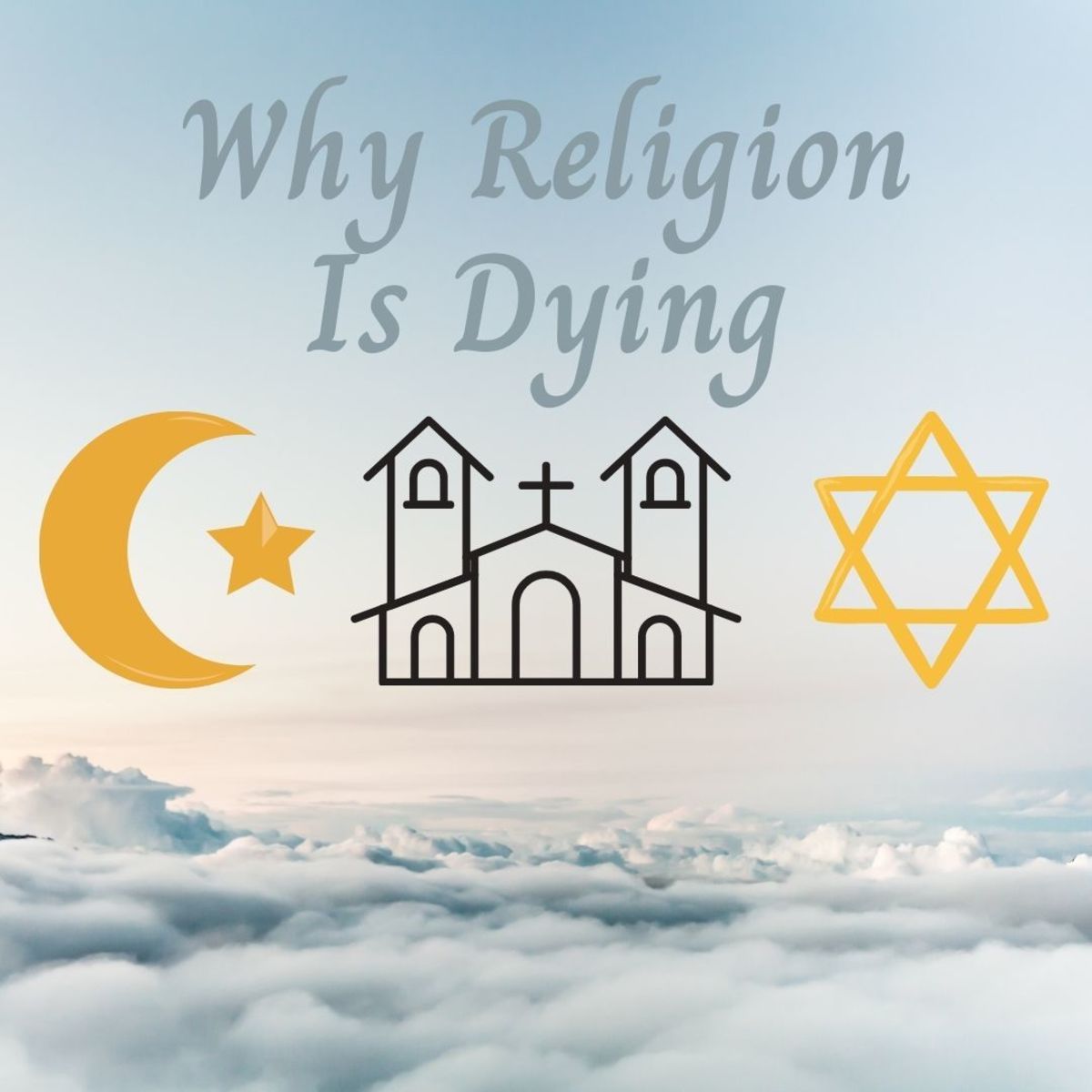What is the difference between Theism and Deism?

A lot of "-isms"
Most people have a good idea about what atheism means; it's simply a lack of belief in God or gods. But atheism isn't the only "ism" in the world of religion and philosophy. There are two major forms of belief in God(s), and, while similar in that they do posit the existence of a Creator, they differ greatly in their implications.
These belief systems are theism and deism. In this hub, we'll examine their differences.
Theism
Of the two topics of discussion in this hub, theism is the more common and familiar one. Theism is a belief that there is at least one God who (probably) created the universe and who continues to take an active role in its day-to-day operations. Inherent in most forms of theism is the idea that this God or gods cares about the actions of individual human (or alien?) beings and that he has some stake in their lives and/or souls.
Most religions are theistic in nature; if they weren't, there wouldn't be much point in worshiping their central deity or being concerned with what happens after one dies. The three Judeo-Christian religions (Judaism, Christianity, and Islam), for example, believe that God directly created the universe and is very much interested in the activities (especially the sins) of human beings. Hindus generally are devoted to a single god but acknowledge the existence and validity of many others.
There are various forms of theism. These include monotheism (the belief that there is only one god, as in Christianity), polytheism (the belief that there are many gods, as in Hinduism), and pantheism (the belief that the universe itself is God, as in Taoism and Wicca).
Since the vast majority of individuals in the world claim to be a member of organized religions, most people can be said to be theists.
Check out my other Hubs on religion
- There are no miracles
Why does God get credit for things that are obviously the result of human ingenuity and hard work? Isn't it time we start giving credit where credit it due? - Are the "New Atheists" too extreme?
An overview of charges against so-called "militant atheists" and why such a statement is ridiculous. Examples are given to show that theists and their ideologies are much more aggressive than atheists could ever be. - How to cope with your loss of faith
Common issues that arise when one loses their religious faith include searching for meaning in life, as well as conflicts with one's family, friends, and coworkers. This article explores solutions to these problems.
Deism
The other major form of belief in a deity is deism. Deists believe that a god created the universe but does not interfere with it, or intervene on behalf of (or against) the universe's inhabitants. Deists believe there are good reasons for believing in a creator, and that these reasons are the result of observation of the natural world and logical thinking, but tend not to believe in the supernatural, like miracles or prophecy.
Deism became popular during the Age of Enlightenment. As people became more and more educated, and as more and more of the universe's mysteries were understood, people saw less need to believe in supernatural influences in everyday life. However, the origins of the universe were still pretty mysterious (as they continue to be to some extent today), so even people who rejected theistic versions of God still felt the need for their to be a "supreme architect" of some sort.
Famous deists from history include: Benjamin Franklin, Thomas Jefferson (who famously cut out all references to the supernatural from the New Testament to create what has come to be known as the Jefferson Bible), Albert Einstein (although he is sometimes described as a pantheist), Voltaire, George Washington, and Napoleon.
Deism isn't a major force in the world today, having been on the decline for quite some time. This is likely due in part to a growing understanding of the universe and its origins. Just as an understanding of day-to-day events on Earth gave people reason to doubt supernatural influence, so too does a growing understanding of origins (both the universe and life on Earth itself), make deism less and less necessary. For example, an understanding of evolution by natural selection eliminates the need for a designer of life, and recent writings by Lawrence Krauss and others suggests that it's very possible for the universe itself to spring from nothing, eliminating the need for a god to flip the switch of the Big Bang.
Choose your "-ism"
What kind of "-ist" are you?
In conclusion
To sum things up, theists and deists both believe in a god or gods, and both generally believe that said god or gods created the universe. The main difference is that theists believe that the Creator still cares about his Creation, while deists believe that he/she/it simply got the ball rolling and then stepped out of the way. Both theists and deists would disagree with atheists about the existence of a Creator.

